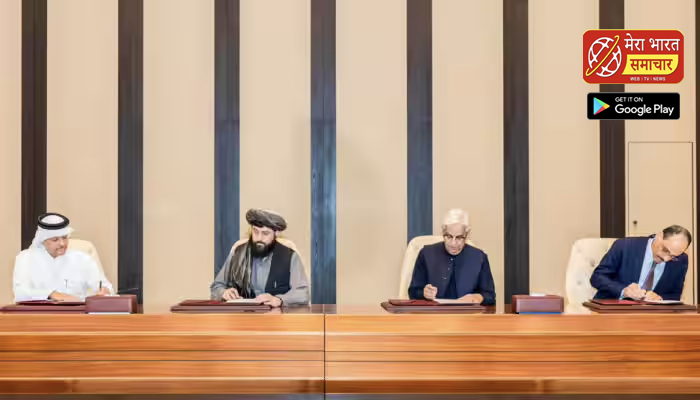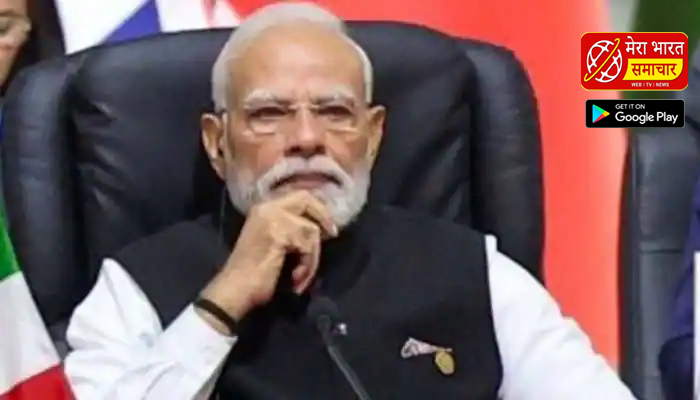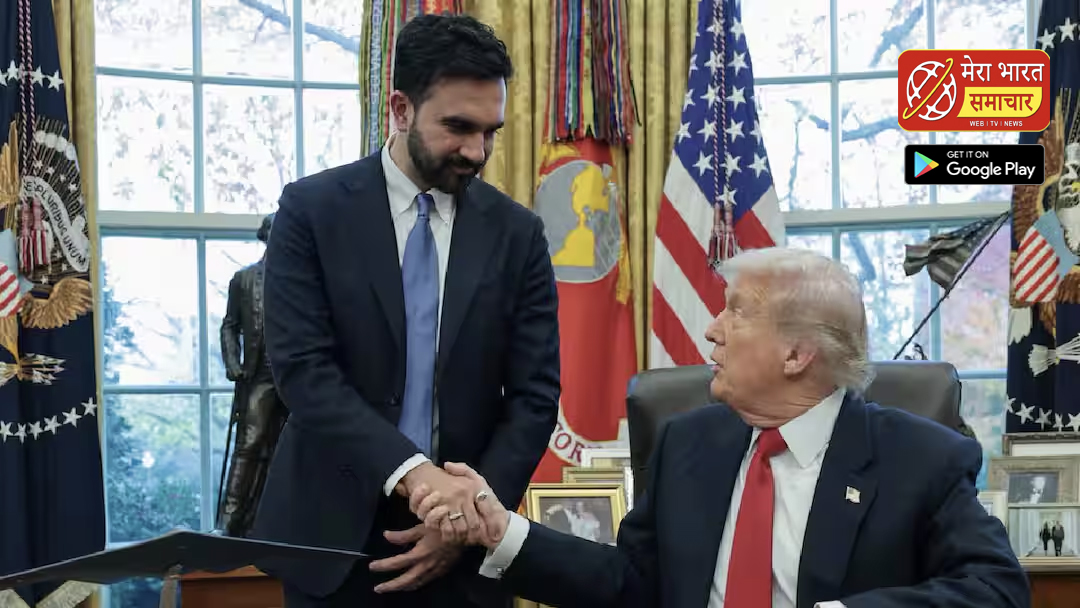The negotiations between Pakistan and Afghanistan that lasted for four days in Istanbul yielded no definite result as it concluded without any agreement.
According to ANI, Tolo News reported, citing sources familiar with the matter, the efforts to ease tensions between the nations suffered a major setback.
The Pakistani delegation reportedly walked out of the talks after there were disagreements over key demands, leaving discussions stalled and with no conclusive result.
The Istanbul talks followed a temporary ceasefire mediated by Qatar and Turkey after Pakistan reportedly violated Afghan airspace earlier this month. Islamabad’s attack triggered a retaliatory response from Kabul.
Kabul’s Airspace Demands
The Tolo News sources also stated that Afghanistan reiterated its commitment to preventing the use of Afghan territory against Pakistan but demanded that Islamabad cease violating Afghan airspace and halt U.S. drone operations within Afghan borders.
However, Pakistan refused to accept these conditions, the sources added.
Commenting on the stalemate, former Afghan Ambassador to France Omar Samad questioned Pakistan’s intentions, saying, “It’s not entirely clear what each side’s intentions were. Was Pakistan genuinely seeking practical solutions, or was it trying to appear as if it wanted to resolve the issues?”
The TTP Impasse
The diplomatic deadlock between Islamabad and Kabul deepened after Pakistan reportedly asked Afghanistan to formally designate Tehrik-i-Taliban Pakistan (TTP) as a terrorist organisation and take military action against it.
Afghanistan’s Defense Minister Mawlawi Mohammad Yaqoob Mujahid rejected the demand, stating that “Pakistan and other countries use the label of terrorism for political purposes against their opponents,” Tolo News reported.
Pakistan-Afghanistan Talks
Ahead of the Istanbul talks, Pakistan’s Defence Minister Khawaja Muhammad Asif had warned that Islamabad could resort to military action if the dialogue failed to produce results. In contrast, Afghanistan emphasised that it remains committed to resolving disputes through diplomatic channels.












